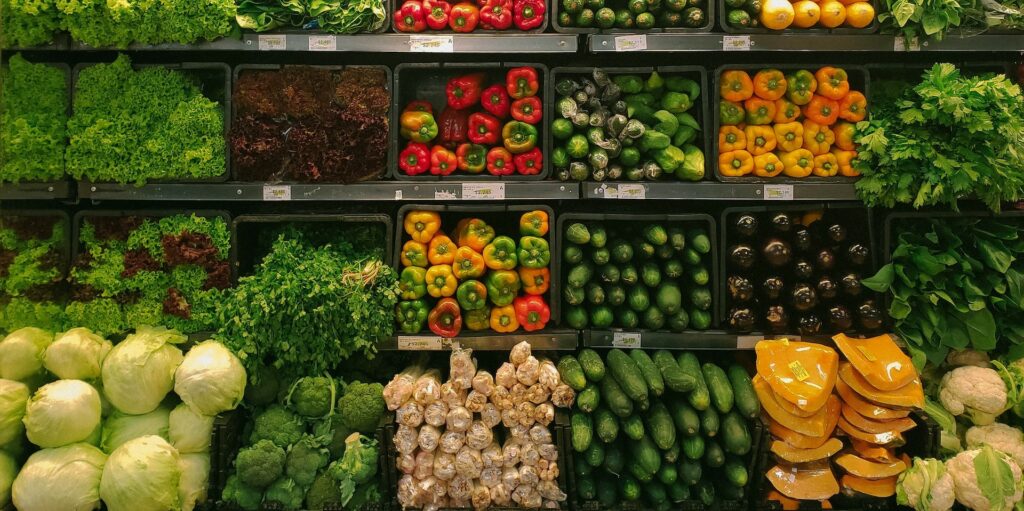
The problem
In the UK, healthier food is generally more expensive that less healthy food on a variety of metrics. Healthy Start provides low income households financial support to purchase infant formula, plain cow’s milk, fruit and vegetables, pulses and vitamins. Pregnant women and households with a child aged 1-4 receive £4.25 per week per child, while those with a child aged 0-1 receive £8.50 per week per child via a pre-payment card (Mastercard).
To minimise administrative burden for participating stores, there is no checking that Healthy Start vouchers are spent on eligible foods. Uptake is currently 73% in Birmingham. Reported impacts on purchasing, diet and health outcomes are somewhat inconsistent. This may reflect that vouchers protect, rather than increase, fruit and vegetable spend.
Qualitative evidence suggests families welcome Healthy Start, and those who use it find it easy to do so – although others may find it less so. Some retailers have trialled extra vouchers each time a Healthy Start card is used and these have resulted in increased fruit and vegetable purchases.
The intervention
A supermarket chain with stores in Birmingham is propose to increase Healthy Start enrolment in its customers via:
- in-store advertising (posters, shelf ‘barkers’)
- in-store community champions providing hands-on help with on-line sign up
- top-up vouchers every time a Healthy Start voucher is used.
Which of these will be implemented is currently still uncertain.
The research
Overall research question
What impact do additional efforts to support Healthy Start take-up have on fruit and vegetable purchasing?
Outcomes to be measured include:
- percentage baskets using Healthy Start
- spend on fruit and vegetables in Health Start baskets
Theory of change
Research approach
We will conduct a preliminary analysis of the supermarket’s date to assess the demographics of spend on fruit and vegetables.
We will then conduct a controlled interrupted time series analysis in up to 8 large stores in Birmingham, plus 12 local stores, with control stores matched for customer demographics. We will explore weekly data from 12 month before to 12 months after the intervention implementation from intervention and control stores.
We will conduct a process evaluation through regular observations in intervention stores of intervention activities, the percentage of top-up vouchers used, and the acceptability and feasibility of the scheme to the public and the supermarket’s teams.
Outputs and impacts
We will produce a paper on process and purchasing outcome evaluation, with potential papers on economic and health impact modelling.
Research team
- Dr Jean Adams | MRC Epidemiology Unit, University of Cambridge
- Prof Martin White | MRC Epidemiology Unit, University of Cambridge
- Dr Owen Nicholas | Statistical Science, University College London
- Prof Steven Cummins | London School of Hygiene and Tropical Medicine
- Dr Thomas Burgoine | MRC Epidemiology Unit, University of Cambridge
- Dr Jagjit Srai | Department of Engineering, University of Cambridge
- Dr Amy Yau | London School of Hygiene and Tropical Medicine
- Dr Alexia Sawyer | MRC Epidemiology Unit, University of Cambridge
